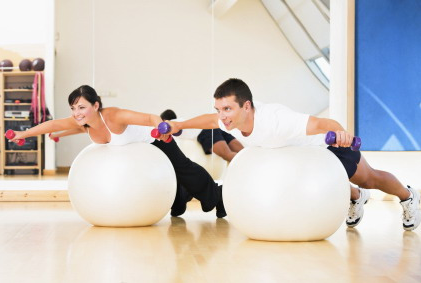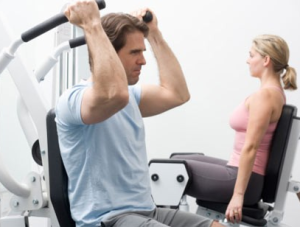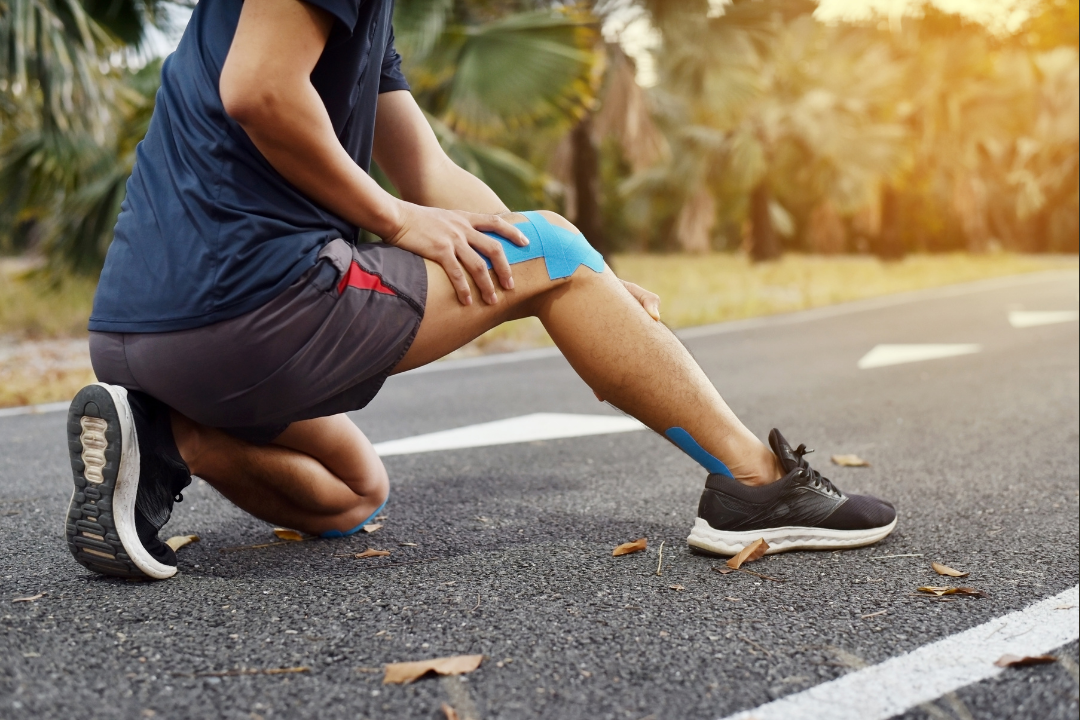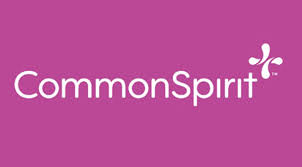 Physical activity: Any movement of the body produced by skeletal muscles and resulting in energy expenditure.
Physical activity: Any movement of the body produced by skeletal muscles and resulting in energy expenditure.
Exercise: A physical activity that is structured, planned and is done at a certain intensity level, frequency, and duration.
Physical activity suggests doing something fun that involves moving. Exercise implies doing something you don’t like because it’s good for you. If you hate to exercise, think physical activity, and remember, if it’s not fun, it’s not done.
I hear that you should get 30 minutes of exercise a day, but you can break it up. Does this have the same effect?
Yes. A recent study (Deakin University, Melbourne) found that nine weekly 10-minute sessions offer the same health benefits as three weekly 30-minute sessions. This is good news for beginning exercisers, who may find it easier to stick to shorter workouts.
Which is better for burning fat: 30 minutes of exercise at a quick pace or a longer session at a slower pace?
The highest intensity an exerciser can sustain without going to exhaustion will burn more fat. The faster you walk, swim, cycle, etc., the more calories you use per minute. However, if you’ve been sedentary, you won’t last long at a higher intensity and might hurt yourself, so you need to start slow and gradually work up to a higher pace.
Is doing only one set of an exercise really as good as doing two or three?
Many studies (University of Florida, Gainesville is one) have shown similar improvements in strength and muscle size for groups of untrained people performing one set per exercise as compared to groups doing three sets. For people just starting out, or who want to maintain the strength gains they’ve already achieved, one set of each exercise is enough. However, for athletes and anyone trying to achieve greater strength gains, 2-3 sets are better.
 Will crunches help me lose the fat around my stomach?
Will crunches help me lose the fat around my stomach?
You cannot spot reduce fat, except by liposuction! Crunches will tone your abdominal muscles, but you will have the same layer of fat sitting on top of these muscles unless you create a calorie deficit by burning more calories than you consume. Don’t look for quick fixes–as we all know, if it sounds to good too be true, it probably is!
I started exercising (walking, exercise bike, etc) to improve my health and lose some weight, but I have gained weight instead. What am I doing wrong?
What weight are we talking about? Scales are a poor indicator of changes in body composition because muscle is more dense than fat. This means that a pound of muscle occupies less space than a pound of fat. Instead of worrying about changes on the scale, look for changes in how your clothes fit. Gaining weight isn’t bad if it’s muscle–along with looking good, it revs up your metabolism. For every pound of muscle added to your body, you’ll burn at least 35 more calories per day. Three pounds of muscle will burn enough calories in a month to lose a pound a fat! (The only way you can really “melt off pounds in your sleep”!)
If you really did gain fat, see if anything has changed that might contribute to the extra pounds of fat such as quitting smoking or going on hormone replacement therapy. Most importantly, you’ll have to look at the whole picture: aerobic exercise is only one of three factors in weight management. Strength training and healthy eating habits are the other two. If you’re really concerned, I’d suggest investing in a few sessions with a registered dietitian who is knowledgeable in exercise prescription.
Source: www.spineuniverse.com; Deborah L. Mullen, C.S.C.S; May 16, 2011







